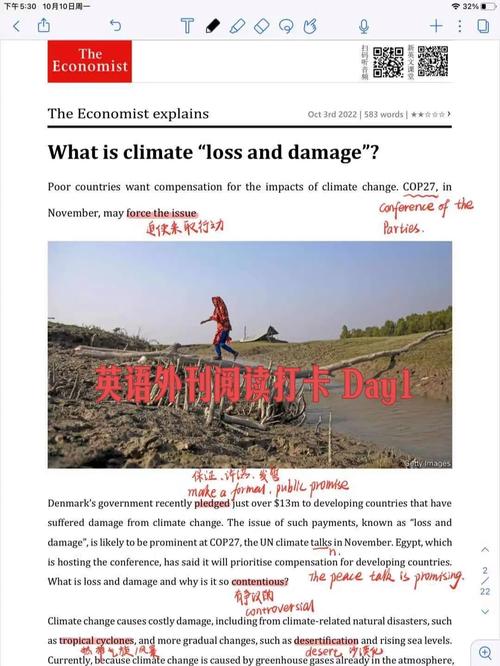Climate Change Online Games for the Classroom: A Comprehensive Guide
Integrating climate change into the classroom can be a challenging task, but online games offer a unique and engaging way to teach students about this critical issue. By using interactive and educational games, teachers can make learning about climate change fun and memorable. In this article, we will explore various online games that can be used in the classroom to educate students about climate change from multiple perspectives.
Interactive Simulations
Interactive simulations are a great way to help students understand the complexities of climate change. One popular game is “Climate Interactive’s World Climate,” which allows students to simulate the negotiations at the United Nations Framework Convention on Climate Change (UNFCCC). This game helps students learn about the challenges of reaching a global agreement on climate change and the impact of different policy decisions.
| Game | Description | Age Range | Duration |
|---|---|---|---|
| World Climate | Simulate the UNFCCC negotiations to reach a global climate agreement. | 14-18 | 1-2 hours |
| Climate Challenge | Students manage a city’s energy use and emissions to reduce its carbon footprint. | 10-14 | 1-2 hours |
| Global Warming Game | Students control the Earth’s temperature and learn about the consequences of climate change. | 8-12 | 30 minutes |
Role-Playing Games (RPGs)
Role-playing games can be an excellent tool for teaching students about the human impact on the environment. One such game is “Climate Challenge,” where students take on the role of a city mayor and must manage the city’s energy use and emissions to reduce its carbon footprint. This game helps students understand the trade-offs between economic growth, energy consumption, and environmental protection.
Virtual Reality (VR) Experiences
Virtual reality experiences can provide students with a more immersive and realistic understanding of climate change. One example is “The Climate Reality Project’s VR Experience,” which allows students to explore the effects of climate change in different parts of the world. This experience can help students connect with the issue on a personal level and understand the urgency of taking action.
Mobile Apps
Mobile apps offer a convenient and accessible way to teach students about climate change. One popular app is “iCivics’ “Our Choice,” which helps students learn about the science, economics, and politics of climate change. The app includes interactive quizzes, videos, and articles that can be used in the classroom or for self-study.
Online Educational Platforms
Online educational platforms like “Kahoot!” and “Quizizz” offer a variety of climate change-themed quizzes and games that can be used in the classroom. These platforms allow teachers to create their own quizzes or choose from a library of existing games. This can be a fun and interactive way to review climate change concepts and test students’ knowledge.

Collaborative Projects
Collaborative projects can help students learn about climate change from multiple perspectives. One idea is to have students create a digital presentation or video about a specific aspect of climate change, such as the impact on a particular region or the role of renewable energy. This project can encourage students to research, analyze, and present their findings to the class.
In conclusion, climate change online games for the classroom provide a valuable tool for educators to teach students about this critical issue. By using interactive simulations, role-playing games, virtual reality experiences, mobile apps, online educational platforms, and collaborative projects, teachers can create a dynamic and engaging learning environment that encourages students to think critically about climate change and take action to address it.



